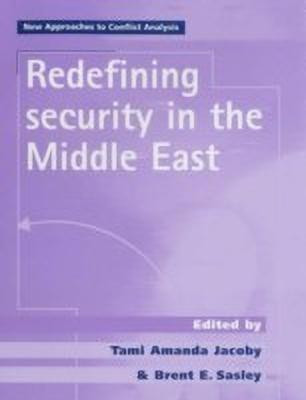Redefining Security in the Middle East(English, Hardcover, unknown)
Quick Overview
Product Price Comparison
For over five decades, the Cold War security agenda was distinguished by the principal strategic balance, that of a structure of bipolarity, between the United States (US) and the Soviet Union (USSR). This book seeks to draw from current developments in critical security studies in order to establish a new framework of inquiry for security in the Middle East. It addresses the need to redefine security in the Middle East. The focus is squarely on the Arab-Israeli context in general, and the Palestinian-Israeli context in particular. The character of Arab-Israeli relations are measured by the Israeli foreign policy debate from the 1950s to the 1990s. A dialogue between Islam and Islamism as a means to broaden the terrain on which conflict resolution and post-bipolar security in the Middle East is to be understood is presented. The Middle East peace process (MEPP) was an additional factor in problematizing the military-strategic concept of security in the Middle East. The shift in analysis from national security to human security reflects the transformations of the post-Cold War era by combining military with non-military concerns such as environmental damage, social unrest, economic mismanagement, cultural conflict, gender inequity and radical fundamentalism. By way of contrast to realist international relations (IR) theory, developing-world theorists have proposed a different set of variables to explain the unique challenges facing developing states. Finally, the book examines the significance of ecopolitics in security agendas in the Middle East. An electronic edition of this book is freely available under a Creative Commons (CC BY-NC-ND) licence.


